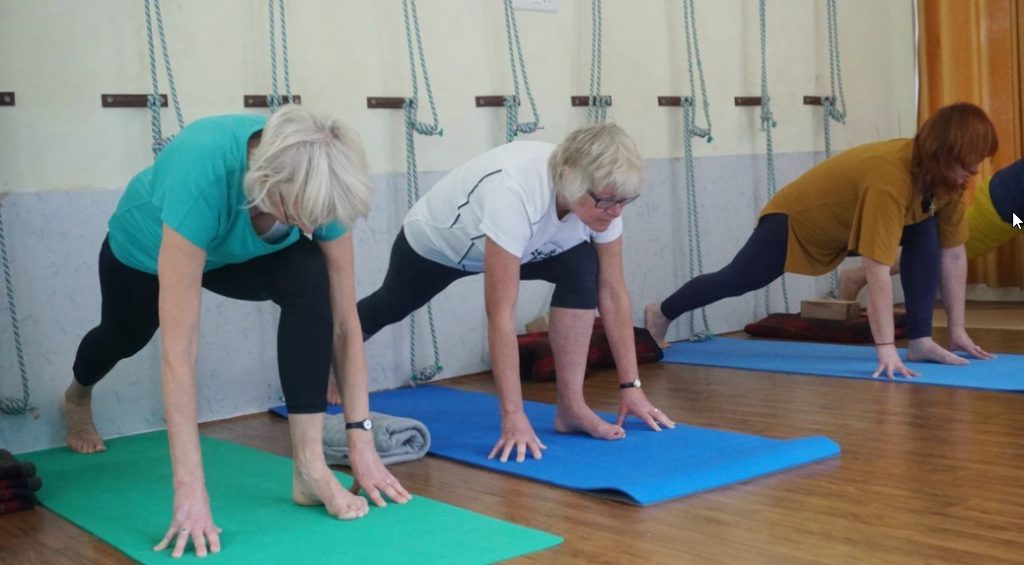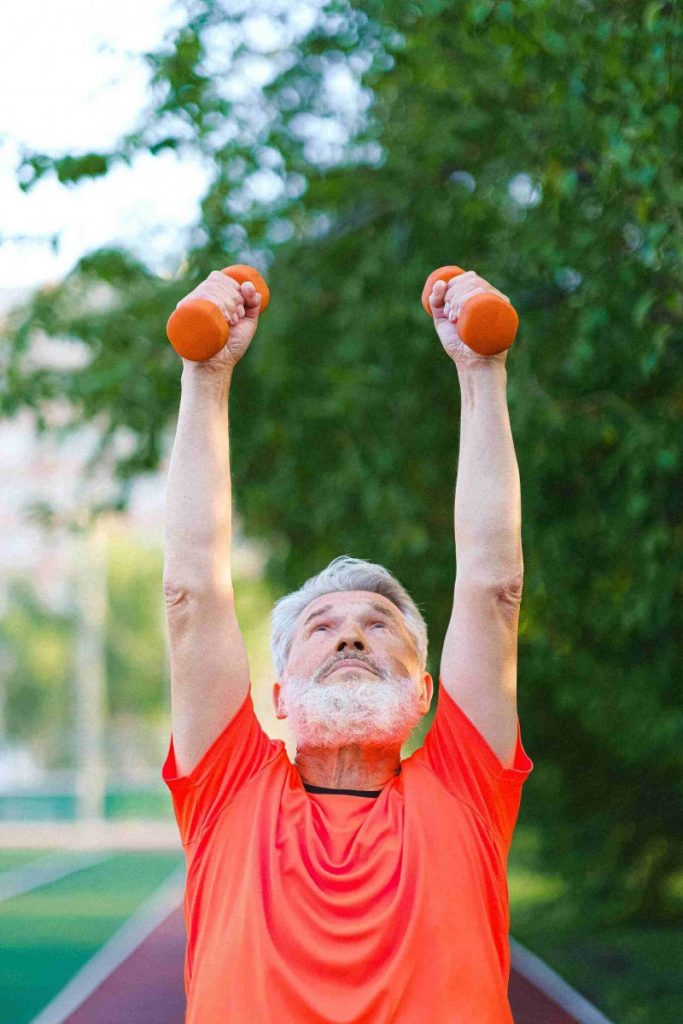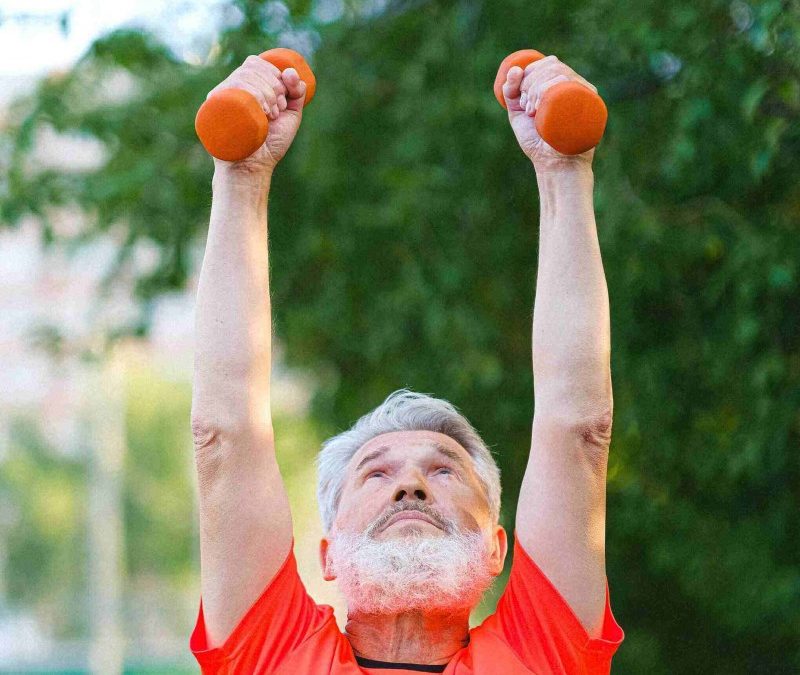EXERCISE BUFFS have long used protein supplements to gain muscle. But new research from McMaster University suggests one protein source, in particular, whey protein, is different. It is the Ideal Protein To Help Seniors struggling to rebuild muscle lost from inactivity associated with illness or long hospital stays.
The study, published online in The American Journal of Clinical Nutrition, compared the impact of different forms of protein supplements on older adults. They are a growing population challenged by the loss of muscle and strength or sarcopenia. Sarcopenia can affect balance, gait, and the ability to perform the simple tasks of everyday life. Researchers found that protein did not stop lean muscle loss caused by inactivity, however, whey supplements helped to rebuild muscle once the participants’ activities resumed.
Says Stuart Phillips, a professor of kinesiology at McMaster, “The important message here is that not all proteins are created equal. Whey is one of the highest quality proteins and is ideal for older persons.”

For the study, researchers recruited men and women who were non-smokers, non-diabetic and between the ages of 65 and 80 years old. One group of subjects consumed whey protein, the other collagen peptides, throughout the study.
Whey is considered a high-quality or complete protein, meaning it is rich in all essential amino acids and is higher in leucine. Leucine is one of the essential amino acids the body cannot make itself and therefore, must be derived from food. Collagen peptides, by comparison, are much lower in their leucine content, lack or are low in essential amino acids.
For a five-week period, their diet was controlled, including a two-week time frame where their daily steps were restricted to 750 per day and their calorie intake reduced by 500 calories per day, conditions that might mimic what older people often experience during a hospital stay. Participants returned to normal activity levels during a one-week recovery period. The team had predicted that the collagen peptide the group would experience a significantly greater muscle loss than the whey protein group, but that didn’t happen. Both groups lost the same amount of muscle.
Says Sara Oikawa of the Department of Kinesiology at McMaster, “While we already know that complete protein sources are more potent for stimulating building processes we were surprised to discover that after two weeks of limiting steps among the participants, there were no apparent differences in muscle loss between the two groups.”
While protein was ineffective in mitigating muscle loss, say researchers when participants returned to normal, muscle-building activity, the whey group recovered more skeletal muscle. “When we consider measures that can be taken to help seniors as they age, it’s clear that whey is an important ingredient. Conversely, we should avoid collagen in formulations targeting older people,” says Oikawa.
In future research, Oikawa plans to focus on women specifically, who tend to experience greater difficulties in rebuilding strength. Whey protein is just another thing we can thank cows for. Thanks, Daisy!
Want to know more about exercise tips for senior citizens, click here


Editor for Silver Magazine Gold Coast

